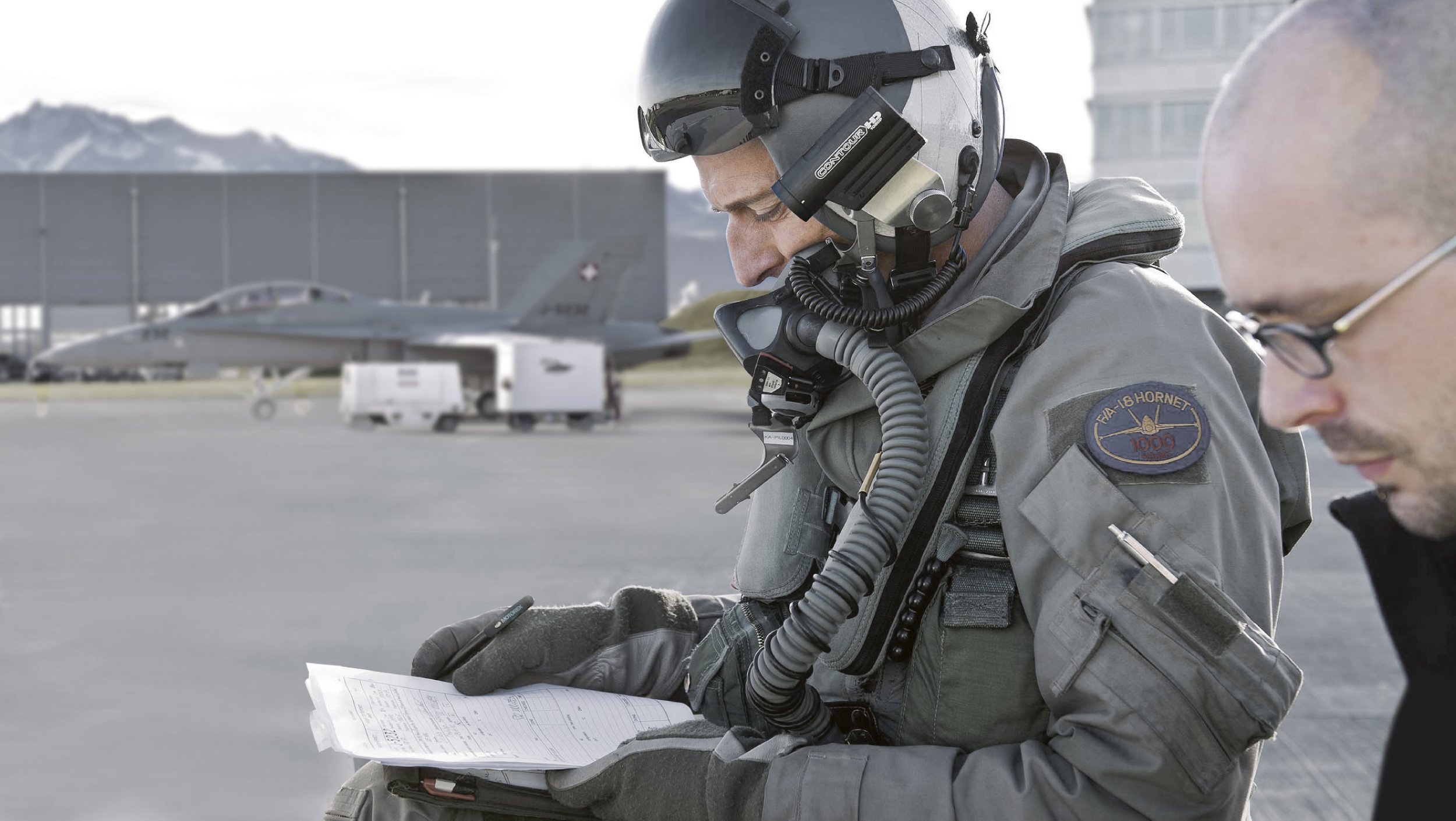defense
We believe in protecting our protectors. Mission intelligence has long been focused on material and environment - we want to introduce individual vital signs into the decision-making process.
challenges in defense
Soldiers operate in stressful and harsh environments during their missions and undergo rigorous trainings. Without health monitoring of individual soldiers, it is unclear whether an unsuccessful mission or an adverse event, such as a man-down scenario or material mishandling due to fatigue, could have been avoided or not.
heat exhaustion
01
Soldiers suffer from getting too hot - due to outside temperatures, physiological strain, or their protective clothing.
fatigue
02
Non-standard schedules are part of mission-based work - but they make it more difficult to perform mental and physical activities.
information disconnect
03
Obtaining reliable information on the physiological status of a soldier is still a ‘black box’ with regards to mission intelligence.
we detect different exhaustion levels
Our solution combines health data that is critical to understand a soldier’s physiology with a software platform tailored to the needs of mission-critical safety.
We are able to detect early signs of physical overexhaustion in soldiers and allow for new levels of mission intelligence in real-time .
we identify peak performance
Trainings are an essential part of a soldier’s routine. More often than not, this is where extreme situations are provoked in a controlled manner.
Our solution is capable of identifying the exercise capacity of individuals to allow for performance optimization during training missions.
faq
-
Heat exhaustion, sometimes also called over-exhaustion, is a bodily condition that can occur after you've been exposed to an environment where your body can’t keep itself cool.
It can be caused by intense physical activity or other harsh environmental factors that are a burden for our bodies, such as e.g., hot external conditions, confined spaces, or full body protective equipment.
Once over-exhaustion occurs, adverse health events happen such as
Weakness or fatigue
Dizziness or fainting
Nausea or vomiting
Heavy muscle cramps
Heat stroke
-
The epyMetrics solution is deployed in form of epyShield™ wearables for each soldier, no bigger than a credit card, as well as a multi-bay charging dock, no bigger than a suitcase.
The charging dock is normally located in a control room so that soldiers can easily access the station to grab their epyShield™ before the mission starts or to let it charge after a mission.
All the necessary machine-learning computation is done on the epyShield™ as well as on the cloud backend. Data can be visualized through a dedicated epyGuard™ app as well as the web app frontend. -
Up to 50 hours of data can be stored on the epyGuard™ wearable itself.
The data is transmitted via low-power bluetooth (BLE) to a phone or tablet that act as a gateway and for a live-view of the data. It can also be integrated into existing connectivity harnesses.
-
Health data is the most sensitive data there is and we honor that with an inherently safe epyGuard™ platform:
Only the person who generates the health data sees his/her data in detail. By invitation only, a physician can access his/her data for health check-ups, too.
Mission supervisors and safety experts only see aggregated data (live in form of green/orange/red status indications, historically only team-level data).
Further, our clients are free to use non-personal identifiers for usernames instead of the soldier's actual names.
-
Absolutely. However, we focus solely on working with best-in-class sensors who have been especially developed to guard soldiers and their environment.
get in touch
Do you want to know more about our solution or partner with us? Please reach out any time.
Edith Gerster
Co-Founder & Co-CEO
edith@epymetrics.com
+41 44 244 05 91
contact form




